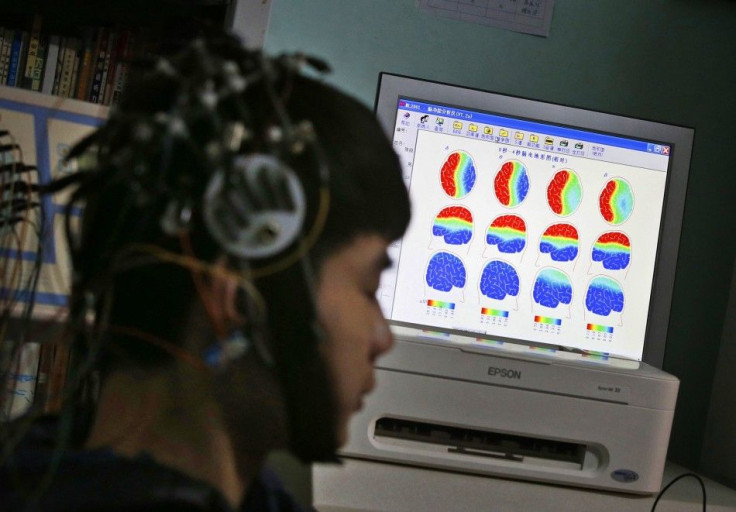The Belief That We Use Only 10% of Our Brains Is a Myth
65 Percent Americans Believe That Human Beings Only Use a Fraction of Their Brains

We have learned since we were young that we use only 10 per cent of our brain, leaving so much of the brain's capacities unexplored. While the concept seemed fascinating, it also left people wondering about the reasons for the non utilisation of the remaining 90 per cent, simultaneously opening new possibilities within the minds of several about the things man could do if he used his brain's capacity completely. This belief triggered several creative ideas in film makers, resulting in remarkable sci-fi movies, and at the same time, it re emphasised the long-held belief among moviegoers.
A survey conducted in 2013 by Michael J Fox Foundation for Parkinson's Research further confirmed that the "10 percent" myth is still widely held. The poll revealed that 65 per cent of Americans are certain that human beings used only 10 per cent of our brains - 5 per cent more than belief in evolution.
However, Barbara Sahakian, a professor of clinical neuropsychology at the University of Cambridge, mocked at the idea of man using only a fraction of his brain. She stated that "doesn't make any sense."
She explained that this wrong idea began circulating through Dale Carnegie's popular book How to Win Friends and Influence People in 1936. She also said that the 10 per cent figure that people held on to was artificial. Carnegie just used the figure to support a point he had made in the book.
She sought another explanation to this widely spread false perception about the working of the brain, stating that according to neuroscientists, the brain contains 90 per cent support cells called glial cells that provide nutrients to the other 10 per cent which are neurons. Thoughts are produced by the neurons, the grey matter, and hence this belief could have emerged.
Sahakian further explained that smart drugs can help improve people's cognitive ability. They can help enhance a person's alertness, attention, memory and other cognitive abilities. "In the future, we will have drugs that can produce even greater enhancements with no, or low, side effects. It is highly likely that at that time, smart drugs will be in common use," she said.




















